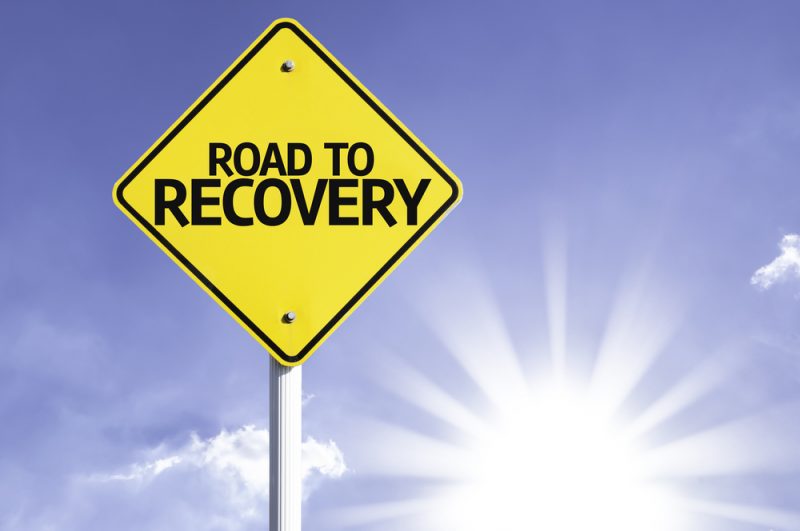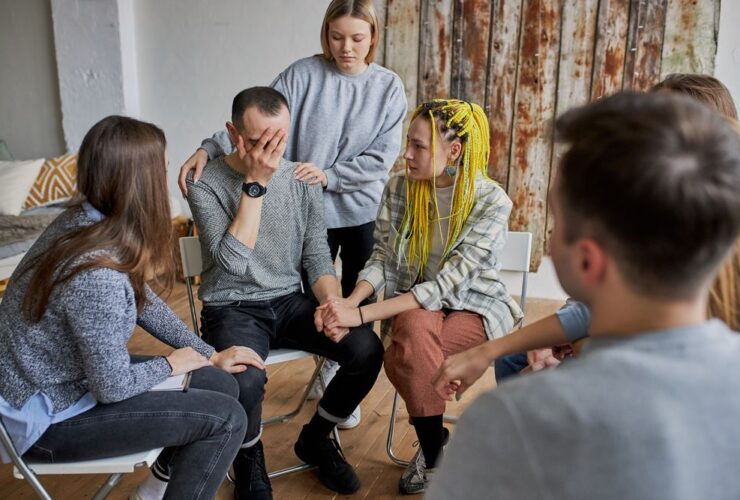Support for Families of Recovering Addicts
When a friend or loved one struggles with addiction, it is common that the heavy weight of those troubles will affect the people around them as well. This is especially true for family members and close friends who have watched an individual fall deeper and deeper into addiction for so long.
Even though addiction surely hurts an addict the most, it is untrue to say that others don’t feel those affects as well. It can be incredibly stressful and hurtful to watch someone go down the dark path of addiction, and oftentimes those experiences stay with loved ones long after.
Support for families of recovering addicts is just as important as support for the recovering addict themselves. Extra help can improve their understanding of what has happened, why it has happened and what they can do moving forward.
Related article: Things to Avoid During Addiction Recovery | Help Recovering Addicts
The following are some of the programs that offer support for families of recovering addicts.
12-Step Programs
Many people mistaken these programs as being designed specifically for users, but there are some programs focused on recovering families.
In these scenarios, families learn about positive caretaking practices, enabling, co-dependency and other issues they may run into while living with a recovering addict. Families can also learn about self-blame, and how it is incorrect to blame themselves for the struggles of a loved one.
Groups with these programs include Al-Anon and Nar-Anon.
One-on-One Counseling
Not everyone feels comfortable attending counseling or therapy in a group, which is why one-on-one support for families of recovering addicts is also available. This gives everyone a chance to talk through their problems with a therapist in an environment that is more comfortable for them.
Here they can discuss positive behaviours, feelings about the recovery process and how to avoid dangerous attitudes.
Family Therapy
Family therapy allows for all of the members of a family to meet together in a connected therapy session. Here, members can talk about their feelings throughout the rehabilitation and recovery processes, as well as discuss how they can work together to help their struggling family member succeed during recovery.
Group Therapy
Group therapy incudes all family members, as well as other families who are supporting a recovering addict. Oftentimes these situations help families to see that they’re not the only ones going through this kind of situation, and families can offer helpful advice to one another based on their own experiences.
Educational Programs
One of the first things a family can do to help a returning family member is to do their research ahead of time. This means learning about the substance they used, what it does to the body and how they can help best during recovery.
With educational programs, families can maintain their knowledge about the recovery process, learn about potential relapse signs and learn about what to expect going forward.
Conclusion
It hurts watching our loved ones hurt themselves with addiction; many families tend to blame themselves, which only makes the situation that much harder for everyone. Support for families of recovering addicts is important, so that both the recovering addict and their loved ones get the help they need for a successful recovery all-around. Call Inspire Change Addiction Rehab in Vancouver for addiction treatment programs.


